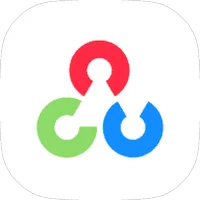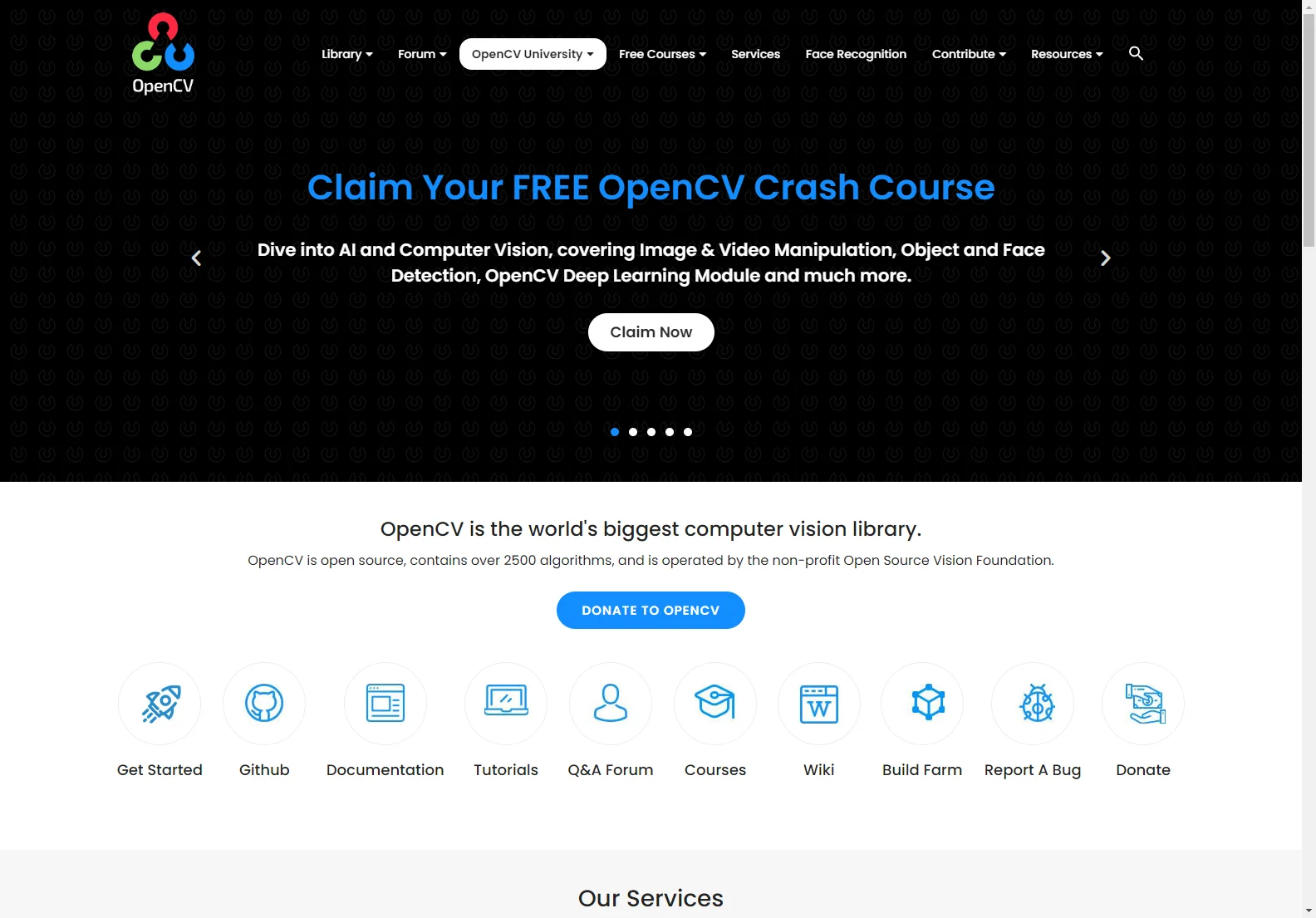OpenCV: The Open Source Computer Vision Library
OpenCV (Open Source Computer Vision Library) is a powerhouse in the world of computer vision. This widely used library provides a comprehensive collection of algorithms and tools for image and video processing, making it invaluable for a vast range of applications. From simple image manipulations to complex deep learning tasks, OpenCV offers a versatile and efficient solution.
Key Features and Capabilities
OpenCV boasts over 2500 algorithms, covering a broad spectrum of computer vision functionalities. Some key features include:
- Image and Video Processing: Perform tasks such as image resizing, filtering, color space conversion, and video analysis.
- Object Detection: Identify and locate objects within images and videos using techniques like Haar cascades and deep learning models.
- Face Recognition: Leverage advanced algorithms for facial recognition and identification.
- Deep Learning Integration: Seamlessly integrate with popular deep learning frameworks like TensorFlow and PyTorch.
- Cross-Platform Compatibility: Run OpenCV applications on various operating systems, including Windows, Linux, macOS, iOS, and Android.
- Multiple Language Support: Utilize OpenCV with languages such as C++, Python, and Java.
Use Cases and Applications
The versatility of OpenCV makes it applicable across numerous industries and domains:
- Robotics: Enable robots to perceive and interact with their environment.
- Autonomous Vehicles: Power self-driving car technology through object detection and scene understanding.
- Medical Imaging: Assist in medical diagnosis and analysis of medical images.
- Security and Surveillance: Implement facial recognition and object tracking for security systems.
- Manufacturing and Automation: Automate industrial processes through visual inspection and quality control.
- Augmented Reality (AR): Enhance real-world experiences by overlaying computer-generated images.
Getting Started with OpenCV
OpenCV offers extensive resources for beginners and experienced developers alike. These include:
- Comprehensive Documentation: Detailed documentation provides explanations and examples for various functions and algorithms.
- Tutorials and Courses: Numerous online tutorials and courses offer step-by-step guidance for learning OpenCV.
- Active Community Forum: Engage with a vibrant community of developers to ask questions, share knowledge, and get support.
Comparison with Other Computer Vision Libraries
While other computer vision libraries exist, OpenCV stands out due to its extensive functionality, cross-platform compatibility, and large, active community. It offers a more comprehensive set of tools compared to some specialized libraries, making it a versatile choice for a wide range of projects.
Conclusion
OpenCV is a powerful and versatile open-source library that has revolutionized the field of computer vision. Its extensive features, active community, and cross-platform compatibility make it an ideal choice for developers of all levels. Whether you're a beginner or an expert, OpenCV provides the tools and resources you need to build innovative computer vision applications.

